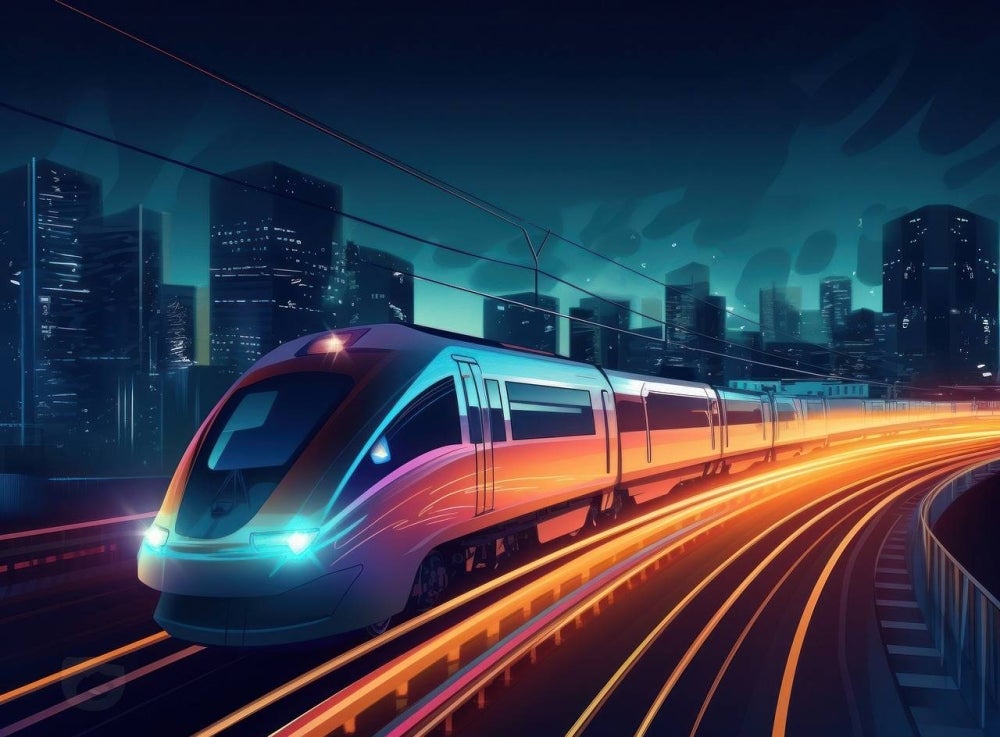Prioritise rail infrastructure in urban development says expert

SHAH ALAM - In a compelling call for sustainable urban development, prominent transport industry expert Dr Rosli Khan has urged the government to shift its focus from road and highway expansion to robust railway infrastructure.
Rosli, who is also the managing director at MDS Traffic Planners and Consultants, said a major challenge was to get the government to realise and recognise a way forward.
“Roads and highways are no longer sustainable as we have to focus on rail as a major means of transport for passengers and freight traffic.
"Developing rail infrastructure should be our main priority, but not high-speed rail to Singapore.
“That's too elitist, costly, and not beneficial to the whole country,” he told Sinar Daily.
Rosli added that urban centres should be strategically developed around railway stations, positioning them as the nucleus of development.
“Railways will provide the backbone for mobility and connectivity, as that should be the development nucleus,” he said.
Besides, he added that electric vehicles (EVs) and autonomous cars may only replace internal combustion engine (ICE) cars but will not alleviate traffic congestion or the need for more highways and roads.
“It will not reduce congestion or the need for more highways and roads. Urban areas will continue to be congested and crowded.
“So, it won't serve much purpose, as larger power generation is still needed to charge the EVs,” he said.
Therefore, Rosli added a solution involving a return to rail transport, coupled with a fundamental redesign of urban centres to diminish the dominance of cars.
“Going back to rail transport, redesign our urban centres not to allow more and more cars, reduce parking spaces, and change our planning culture that favours cars.
“Consider other urban users such as public transport users, pedestrians, cyclists, wheelchair users, and personal mobility vehicle users, and provide park and ride facilities,” he said.
Commenting further, he said European cities like Amsterdam, Zurich, Munich, and Antwerp have embraced alternative transport solutions, such as road trams, bike lanes, river and canal transport, fully pedestrianised streets, wider pavements, city centre gardens, and parks instead of car parks.
“They are all working very well, pleasant, and not polluted or congested.
“Transport is the number one issue that the government must understand, fund, and manage well.
“The impact is prominent in determining how functional our urban areas could become and how they can bring benefits to their dwellers and visitors,” he said.
Download Sinar Daily application.Click Here!















